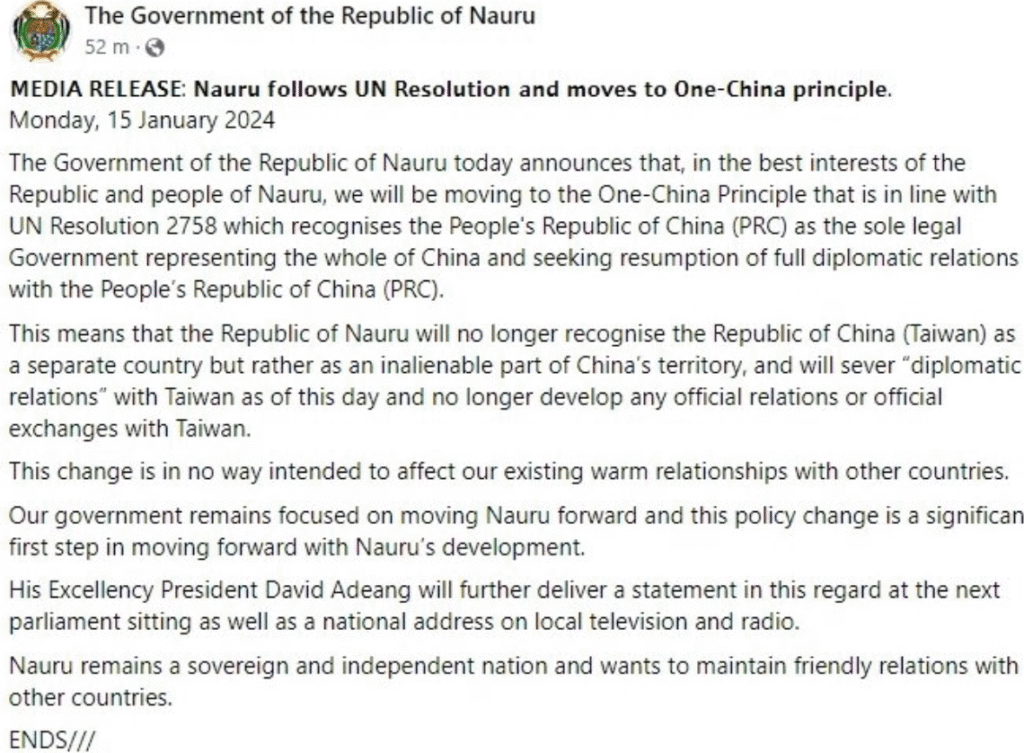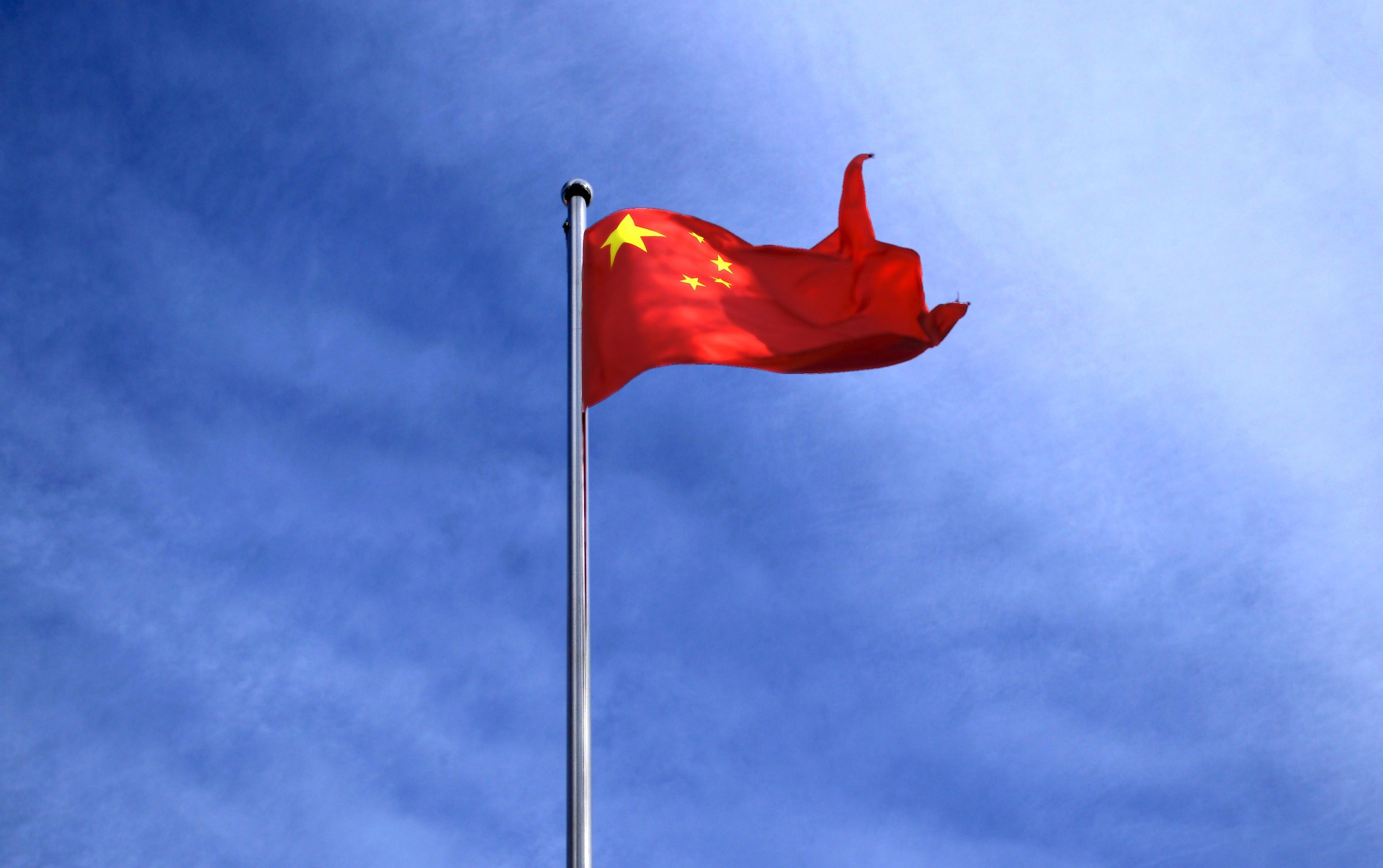China Expanding Influence in the Pacific: In recent years, China has been steadily increasing its footprint in the Pacific Islands, a region long considered under the strategic umbrella of traditional powers like the United States and Australia. Since the 2021 riots in Honiara, the capital of the Solomon Islands, China has deployed police forces as part of a growing security partnership with the country. Beyond the Solomon Islands, Chinese police advisers have also been sent to nations such as Vanuatu and the Cook Islands. These moves are part of a broader ambition by Beijing to cement its role as a key security player in the Pacific.
China Expanding Influence in the Pacific: China’s Security Footprint Grows in the Pacific
Since the 2021 riots in Honiara, the capital of the Solomon Islands, China has deployed police forces as part of a growing security partnership. This initiative has extended beyond the Solomon Islands, with Chinese police advisers now operating in Vanuatu and the Cook Islands. These moves reflect Beijing’s broader ambition to establish itself as a key security provider in the region.
The China-Pacific Foreign Ministers Meeting in Xiamen
On May 28, Chinese Foreign Minister Wang Yi hosted the third China-Pacific Island Countries Foreign Ministers Meeting in Xiamen. This was the first time the forum was held in person, and it featured leaders and diplomats from Kiribati, the Solomon Islands, Papua New Guinea, Fiji, and others. The goal is to build a “shared China-Pacific community” with stronger diplomatic, economic, and security ties. This is first meeting since 2022 – First time hosted in person + in China (in Xiamen) – Decent lineup (only Fiji, Samoa not sending FMs) and China pushing (no surprise) on security cooperation, Taiwan
A Platform for Expanding Economic and Strategic Ties
The forum aims to deepen cooperation in areas such as infrastructure development, poverty reduction, climate change, and trade. For China, this event is a strategic opportunity to present itself as a reliable partner while expanding its influence in a region where the U.S. presence has been waning. Recently, China’s Vice Premier He Lifeng said the Meeting was an important first step. There are some differences, but frictions are unavoidable. The nature of China-US trade relations is a mutual win-win. We are going to inject more certainty and stability into the world economy. China is ready to work with the US to manage differences, extend the list of cooperation, and make a pie of cooperation bigger.
A Challenge to Traditional Partners
China’s growing role has raised alarms among traditional regional powers like the United States and Australia. U.S. aid cuts and erratic foreign policy under President Trump have created a sense of unreliability. This has made it easier for China to position itself as a steady partner with consistent engagement.
Diplomatic Battle Over Taiwan
Taiwan is also a key issue at the forum. China is pressuring Pacific nations to end diplomatic ties with Taiwan in favor of recognizing Beijing. The Solomon Islands, Kiribati, and Nauru have already made the switch. China hopes to secure similar political backing from other nations to further isolate Taiwan on the international stage.
Taiwan loses an ally. Nauru, in the Pacific breaks ties with Taiwan as it recognises people’s republic of China.

Australia’s Counter Strategy
In response to China’s expanding influence, Australia is investing heavily in Pacific economies. This includes hundreds of millions of dollars for development projects, signaling Canberra’s intent to remain a significant player in the region. However, the geopolitical competition gives Pacific nations greater leverage to negotiate favorable deals from all sides.
Australia is building up its northern military bases, which will host US bombers and fighter jets on a rotational basis, as it increases defence cooperation with the United States. Australia sees itself as the deputy of the Global Policeman (the US). Despite punitive tariff imposed by Trump on Australia, PM Albanese is still hoping that the US will not abandon the abused and needy Aussies who see themselves as a White Colony in a region full of hostile natives whose land the white settlers have stolen.
Why the Pacific Islands Matter to Beijing
Though most Pacific island nations have small populations and economies, the region is rich in strategic value. It hosts key shipping lanes, deep-sea cables, potential mineral resources, and military-relevant deep-water ports. The proximity to U.S. territories and Australia further enhances the region’s strategic importance to China.
The 2022 Solomon Islands Security Pact
China’s 2022 security pact with the Solomon Islands marked a turning point. The agreement reportedly allows Chinese warships to dock in the islands, highlighting the military potential of Beijing’s Pacific partnerships and its long-term strategic calculations.
China is pursuing a calculated, multi-pronged approach to dominate the Pacific through security, economic, and diplomatic initiatives. With Western engagement in flux, Pacific island nations are seizing the opportunity to leverage China’s interest for their own development goals, reshaping the region’s strategic landscape in the process.

